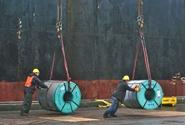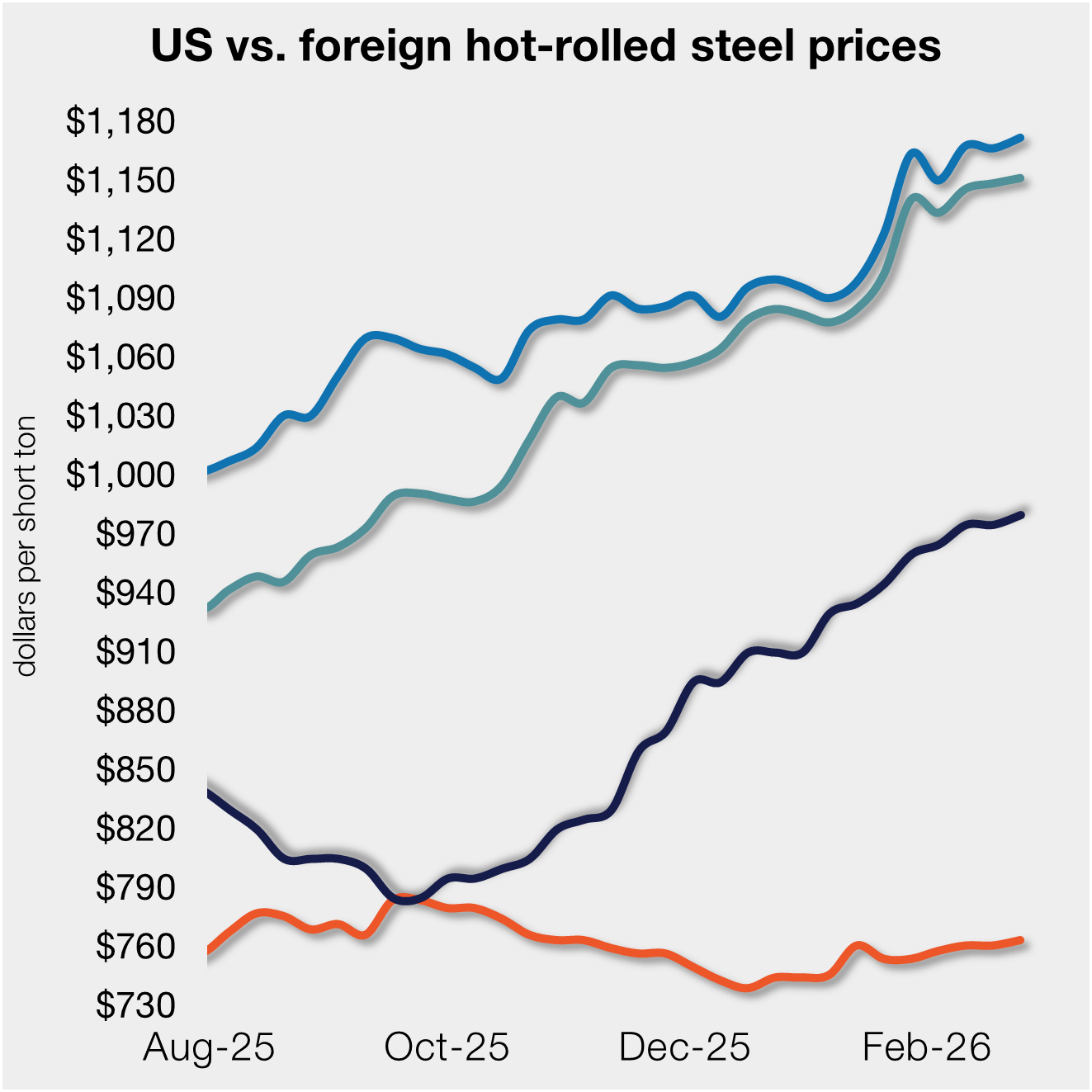Prices

March 21, 2015
Anti-Dumping & Countervailing Duty Trade Cases
Written by John Packard
We thought we would take one last stab at the subject of Anti-Dumping (AD) and Countervailing Duties (CVD) since we received more detailed information from attorney Lewis Leibowitz:
The question of time lines for AD/CVD cases can fill many pages. There are rules, exceptions and discretion (mostly Commerce) that can alter the time lines. Your friend could use a session on this.
Here are the basics:
1. There are four basic determinations: ITC preliminary and final; and Commerce preliminary and final. In an AD case, if both dumping and injury are found in the final determination, Commerce will issue an AD order. In a CVD case, if both subsidies and injury are found, CVD order will be issued.
2. The determinations and their timing (assuming no extensions) are:
a. ITC preliminary injury (45 days after petition is filed)
b. Commerce preliminary AD (160 days after petiton) (in a CVD case, 85 days after petition)
c. Commerce final AD (75 days after preliminary Commerce determination)(in a CVD case, 75 days after the Commerce CVD preliminary determination)(if both kinds of cases are involved for the same product, Commerce will often “align” the final determinations on the due date for the AD final).
d. ITC final injury (45 days after publication of Commerce final determination)
e. AD or CVD order (about 7 days after publication of ITC final determination)
3. Significance of each determination:
a. ITC preliminary injury: if affirmative, investigation continues. If negative, investigation is terminated.
b. Commerce preliminary: if affirmative, covered goods are potentially subject to duties and will be subject to “suspension of liquidation” and cash deposits of estimated duties (AD and CVD) as applicable. If negative (no dumping, no subsidies), investigation continues but no duties and no deposits. This is a key date for importers.
c. Commerce final: duty rates may be revised. If affirmative, suspension of liquidation continues (as do cash deposits at the new rates). If negative, investigation terminates.
d. ITC final injury: if affmative, AD and/or CVD order will issue. If negative, investigation terminates.
4. Entries covered: entries for consumption (sold in the US) are covered if entries are on or after the date of publication of the preliminary determination of Commerce in an investigation. Under Customs law, there are several types of entries. Coverage of each type is complex.
5. Potentially, duties can be applied retroactively (“critical circumstances”) to entries 90 days before the Commerce preliminary determination. That subject requires a separate discussion. For present purposes, it rarely happens but it can be quite scary for importers.
6. Administrative reviews are conducted annually if requested. The review (by Commerce only) looks at entries over the previous year. The duties can vary significantly from the cash deposit amounts. In general, if the final duties are higher than the cash depoaits, the importer will be liable for the difference. If the final duties are lower, the importer gets a refund. The exporter/producer gets a new rate for future entries. The review process takes about one year. For an order entered in January 2016, for example, the review will be initiated in Feb. 2017 and the final results of the review will come out in 2018. Long process.
Determinations of Commerce and the ITC may be subject to court review. That is a separate discussion too.







